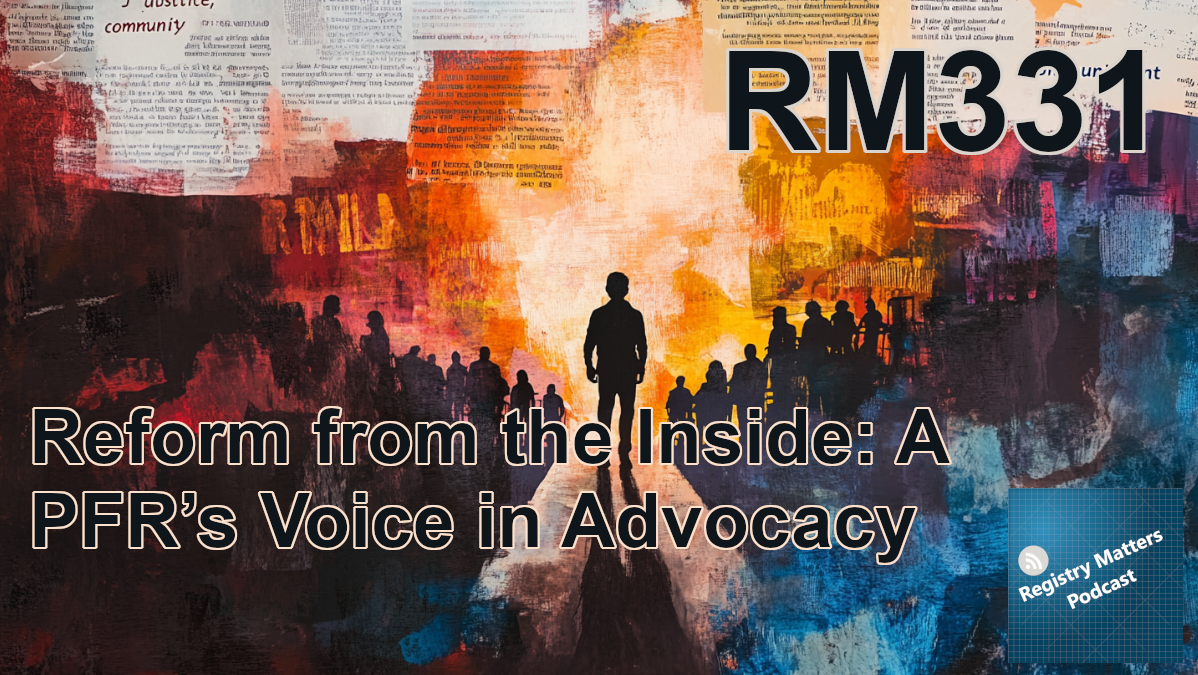Larry: I’m doing okay. Now, who is the, Moore West? Is it me or the special guest? Oh, no. You’re just west. And then I think,
Andy: Isn’t Colorado like Denver? Isn’t it like almost straight north of you?
Larry: I was gonna say, I think we’re almost about the same meridian. Okay. And then obviously all the way West.
Andy: I mean, almost in the Ocean West, almost in the Pacific Ocean West. That would be the more West.
[00:00] Announcer: Registry Matters is an independent production. The opinions and ideas here are that of the host and do not reflect the opinions of any other organization. If you have problems with these thoughts, FYP.
[00:16] Andy: Recording live from f y p studios East and West and a little bit more West and then Ultra West. Transmitting across the Internet, this is episode 331 of registry matters. Good evening, Larry and Chance. Larry, how are you?






Leave a Comment